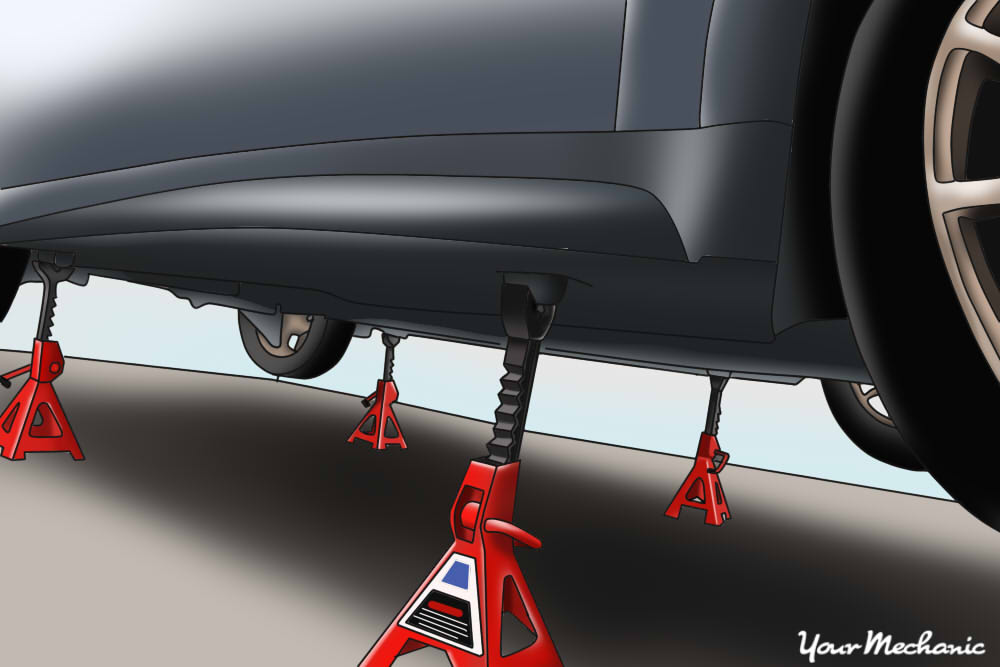

As an automotive technician, you already know that your tools are very important. They’re what you use to make your money. Once you make the transition to being a mobile technician however, you find yourself relying more on tools you may not have thought about much before, or perhaps took for granted. Here are a few of the most heavily used in the world of a mobile technician.
1. A high quality scan tool with multiple vehicle coverage: Although purchasing an advanced scan tool can be a sizeable investment, it’s one that will pay for itself time after time. Using a basic code reader will only allow you to get generic trouble codes from the engine control module. An advanced scan tool made by a company like Launch Tech or Snap-On will allow you to retrieve all available fault codes, freeze frame data, and streaming data from all or most of the vehicle’s control modules. Some very advanced scan tools even allow you to manually activate components, run system tests, and adapt new parts and modules to the vehicle.
2. Jack and jack stands: This sounds pretty standard, but there is more to this than you might think. There are different quality levels of floor jacks and jack stands, as well as different sizes and build materials. When you rely on these tools on a daily basis, it makes sense to spend a bit more for the low profile, heavy duty floor jack with the highest lift capability from a reputable manufacturer such as Craftsman or Sunex. Jack stands should be of equal quality, and able to support the vehicle at the maximum height your jack can lift it to. Getting the aluminum versions can also significantly reduce weights, making them easier to move around.
3. Air compressor: A portable air compressor made by Porter-Cable or DeWalt is a worthwhile investment, as it allows you to run all your air tools wherever you are. Even if you have a full array of electric power tools, it can still be helpful for filling tires or using a blower nozzle. They’re available in many different sizes, so chances are good that you’ll find one which is a perfect fit for both you and your vehicle.
4. Brake bleeding kit: Traditionally, brake bleeding was always performed with two people; one to pump the brake pedal, another to actually open the bleeder valves near each wheel. Working on a mobile setting means that you will usually be bleeding the brake system on vehicles without any assistance. A good brake bleeding kit from a company like MityVac allows you to use either vacuum or pressure to bleed the brake system alone, negating the need for a second person.
5. Good assortment of clips and leads for multimeter: If you’ve been working on cars professionally for any substantial amount of time, then you likely already have a good digital multimeter. Make that fancy multimeter even more useful by getting a set of Fluke lead extensions, clips, and adapters. This will make diagnosing electrical issues much easier, by removing the need to have a second person hold connections together or hold a probe lead in a connector.
6. Throttle/brake pedal depressor: This is a very simple tool, most commonly made by Thexton or Lisle, which can be infinitely useful. Sometimes you need the engine held at a certain RPM, or you need the brake pedal depressed while trying to loosen an axle nut. Using a throttle depressor ensures that the engine speed is held right where you need it. In fact, sometimes a throttle depressor is better than actually having a person hold the throttle, because the throttle stick doesn’t move like people often do.
This is of course not meant to be an all inclusive list of tools you need to succeed as a mobile technician – rather it’s meant to highlight a few of the tools whose value and importance is under appreciated in a traditional shop. Ensuring that these tools are in your arsenal will make your work easier for any automotive technician job you hold.



